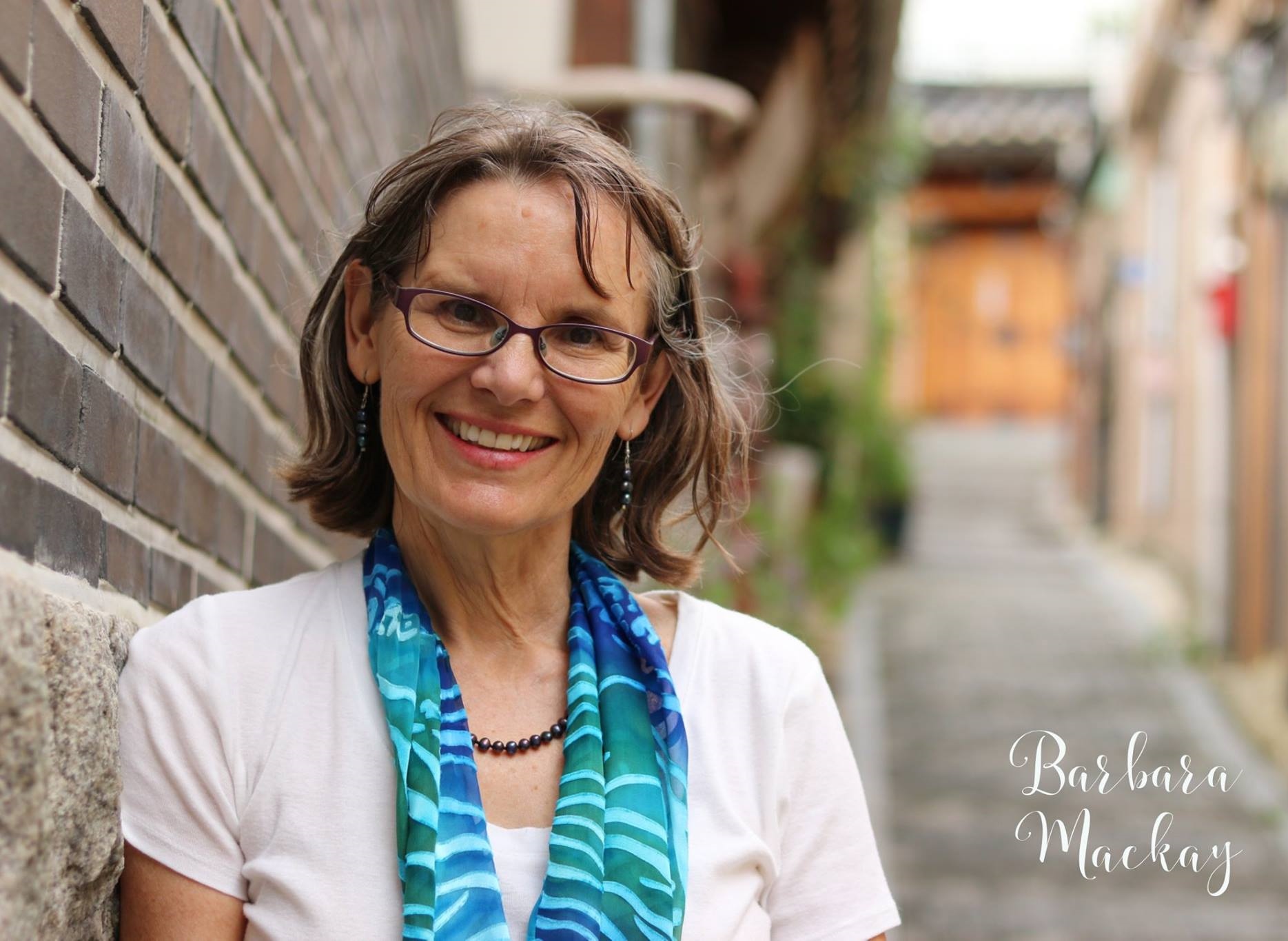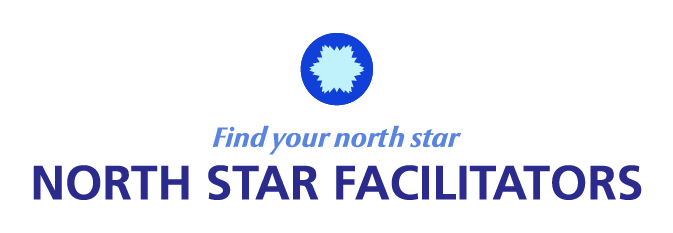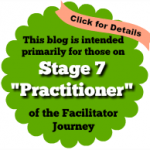The Importance of Pauses in Process Work

I rarely pause in my life. My family would attest to this fact. Yet life goes better with pauses. I have learned this the hard way.
In process facilitation, pauses are an incredibly important part of the entire agenda. If you don’t pause at the right moments, you miss the opportunity for such things as important relationship building, deeper critical thinking, integration of old material so that it can be morphed into new material, and infusing new life and energy into the group’s producing productive outcomes.
In this blog, we’ll look at: why pause, what are ways to effectively pause, and critical moments when you should slow down or stop altogether.
I cannot tell right now whether this is incredibly deep or so obvious, you will skip over the concept. It’s just something that has been on my mind quite a while and I wasn’t quite sure how to write about it. So if you’re willing, come on this exploration with me and let’s think about pausing.
So let’s take a pause right now. Even before you enter the heart of this article.
I. Why Pause?
I want you to think about the importance of pauses in the work that you do. Here’s a little video of pauses in rain from my front porch.
Just play the video – watch how drops have tiny little pauses both in sound, volume and geographic dispersion. And don’t read anything further until you have thought about the importance of pauses. What do pauses do for you as the listener and observer?
If you noticed from the short rain video, there are pauses everywhere in nature. There are pauses between the roll of thunder in the sky and the lightning. There are gaps in the clouds. There are pauses in bird songs. If there were no pauses, we would not be able to see or hear the actual event. If there were just a continuous stream of noise, sound or image, we wouldn’t be able to distinguish the actual forms.
I think pauses are deeply embedded in what we have to do as process facilitators. We have to help the group distinguish between what is past and what is present; what is present and what is future; what is useful now and what is not useful now. The pause helps us to stop just long enough to re-focus our attention on what is truly important in that moment. If we just keep plowing ahead with our agenda and not allowing the group to integrate what is going on, make connections with each other or make connections between an idea from an hour ago and what the topic is now, we lose the magic of the moment. We lose the distinctive nature of what is right here now.
Ok – perhaps I am getting too philosophical! Anyhow, I think you might be getting the gist of what I’m saying. So what can we actually do to help a group we are facilitating pause both in milliseconds and for longer time frames?
II. What are ways to pause?
Here is where we get practical.
The Obvious One – Taking a Longer Break!
So an obvious pause, is taking a break. I’m always amazed at how often my colleagues forget to give breaks at critical moments. And I’m also also amazed at how little time I give for breaks. “Oh well, let us shorten this 15 minute break to 5 to 7 minutes”, I think to myself “to make up time”. I have definitely now reduced the effectiveness of the group by more than seven minutes. I can guarantee that. Nice, long 15-20 minute breaks where people are encouraged to get up, walk, drink water, chat with each other are good. Challenge the group during these longer breaks to not to check their devices for messages.
The Short 1-2 Minute Break – Three Ways to Do It:
1. Invite the group to stand up and stretch. Stretch with them so they can copy you if unsure. Do not do anything that a person in a wheelchair could not do. Here is an example.

2. Invite someone in group to share a short positive story, appropriate joke, or words of appreciation with whole group.
3. Invite them to turn to their neighbor sitting next to them. “Stand up if possible. Each take 30-40 seconds to share a thought, reaction to what is being discussed.” Tell them to keep to one or two sentences.
The Non-Break
By the non-break, I am referring to the fact that you are asking them to pause but not actually giving them a chance to walk away from the group or the task. The non-break could be:
- Simply a time to journal or write things down so that people can do their own internal processing.
- Having people walk around silently in twos or threes, looking at all of the data that they have generated around the room. This would require you to post all of their data around the room. Doing this in silence in the company of others can actually be remarkably effective.
- Having them walk with someone doing an interview of their thoughts on a relevant topic. Give them 1/2 sheets of paper with no more than 3 questions. Ask them to stop after 5 minutes, and jot down key thoughts they have heard the first person state in the interview. Then switch roles and the other person interviews the first person. Have them come back in 10 or 15 minutes. The simple act of walking out of the room, surrounded ideally with positive stimuli outdoors or in a space different from the meeting room, can help them see and hear new perspectives.
- Stopping to read the data outloud from a long process. Here is a photo of some very simple data that we collected recently from a group. They had been working on coming up with the recommendations for over an hour. And we just took a pause to look at the impact of all of their answers together on a single wall. And then we carefully read out each answer and paused to find out the deeper meaning behind some of the answers that were not clear. For example, when there was a question mark, we asked the group that wrote the question mark to elaborate on what that meant to them.

III. When to pause
Sometimes we just rely on our designated morning and afternoon breaks, and a meal time pause. I would say that is good that you have those pauses.But, they are not always placed at the right moment. You need to pay attention to when additional or different pauses are needed.
Here are times when I have found it is critical to pause:
1. When the group has had a deep transformative conversation that has shaken them up. It is shaken them because they have been more honest than they have ever been. Perhaps they have resolved a long-standing conflict.
2. Or, it might just be that they are really really tired. Processing something for a long time when they cannot seem to make the break through that they need, is hard on you and them. So be attentive to these moments when the group needs to acknowledge the importance of the work they have done. This is the time when you could just simply have them sit in silence, and think about what just happened. This is often used in Theory U. It is the place at the bottom of the U, where you invite the group to just rest. They’ve done good work, and they need time to integrate what they’ve done. After a few minutes of silence, you could ask for two or three members of the group to share the significance of what they have just done. Take five or 10 minutes to do this. Then take a more formal break where people get up and move about and you can provide a formal close to that activity and move onto the next.
Other times where I take pauses that are not pretermined in the agenda would be:
3. When someone has something really positive or personal to share. Perhaps somebody has revealed something about their life that they want the group to know. It really important to acknowledge and celebrate this -take the time to do that!
4. Perhaps there has been an oppressive comment in the room and you’ve asked the group to pause and really hear and sense the impact on the group or the person. This is a chance to invite apologies and do some healing.
5. When you need a break and need to clear your head to reflect on what is happening and what needs to happen next
I could say a lot more about pauses.
There are many times when you need to pause. Please pay attention to those transformative moments. They will make the difference between whether you get every last bit of potential from the group being together. It is the time of coherence building, integration, and deep insight.
Now, what are you going do about it in your own practice?



I loved reading this piece Barbara. It resonated deeply with my own facilitation practice. I also realise how often it helps to sense the energy to know when to pause. I also feel that I consciously need to pause for my own state of health and balance as a facilitator. For instance when groups are doing their work, it is a good time to just sit and breathe. Or during meal breaks, taking out 10 min of quiet time to breath/ refocus/ anchor myself. Thank you for articulating this in this way!
Hello Manali, from across the world! Where are you located? It sounds like we are kindred spirits in the way we think. I would have answered just like you. I’ve just learned to just sit and breathe at times. Otherwise I fuss and my adrenaline levels go up and I’m not the calm facilitator I need to be. Thank you for sharing your thoughts with the audience. Congratulations on your blog as well.
Loved going through this. Paused to appreciate pauses! Very well conceptualized
Hello Charu, I love it when other people appreciate my bursts of creativity and humor. My colleague Errin and I had fun putting this one together. The same day we did it there was a major rainstorm, and as I saw its beauty, I paused to see it. It is so wonderful to have your acknowledgment.